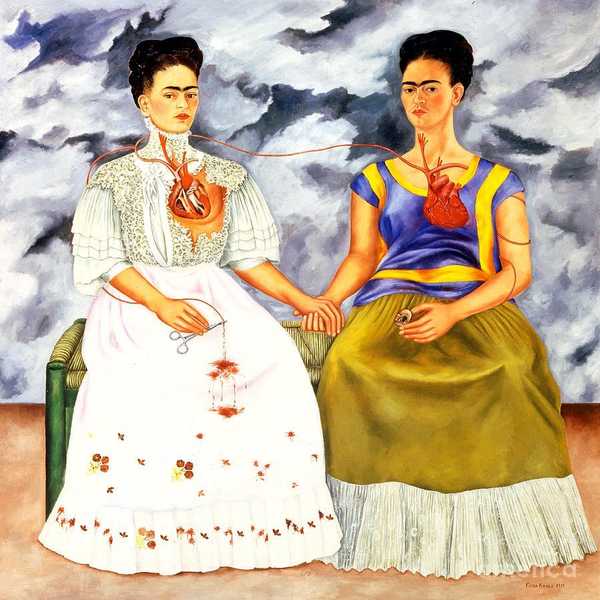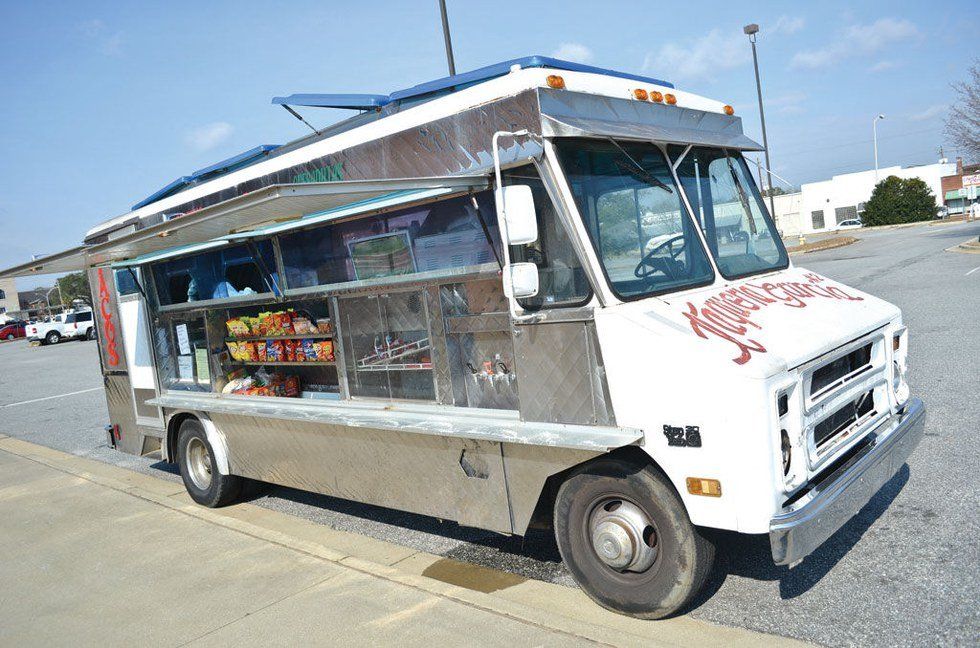Recently, the founder of an organization called Latinos for Trump opened himself up to the internet’s collective mocking when we suggested that if something wasn’t done about his culture “imposing” on the United States, that we’d soon have taco trucks on every corner. This outcome would, of course, be fantastic. A taco truck on every corner of Anytown USA isn’t a picture of a dystopian American future so much as a delicious nirvana in which my house on a corner lot would have prime access to Southern California’s culinary staple.
However, there is sadly a less delectable side to this story. While we collectively mocked the image presented to us, the sentiments behind Marco Gutierrez’ comments were largely ignored. It is not enough simply to mock the imagery of a message without addressing the commentary itself. Mr. Gutierrez’ comments echo feelings and beliefs that many people in the United States hold very deeply. These same people who see taco trucks on every corner as a dystopian outcome are the ones that support Trump’s hardline rhetoric on immigration and his centerpiece policy of a yuuuge border wall. Despite decades of progress (and indeed there has been real progress even if it sometimes seems like we are right back where we started) there is a substantial portion of the American public that has not accepted the idea of the great American melting pot.
Moreover, even among those who profess to be great supporters of our culturally diverse nation, very few of us actually live our lives in and among the great American melting pot of cultures. Outside of the great culture centers of the United States, New York, Los Angeles, Chicago, Houston, San Francisco et al, there is far less diversity in both racial and cultural terms. And even in areas with high diversity, many people still do not truly live in a culturally mixed environment.
Take my hometown for example. I live in Claremont, California, home of the Claremont Colleges and home to some 35,000 people of dozens of different races and cultures. However, even with the diversity in the town as a whole, the diversity by neighborhood is shockingly low. North of the train tracks, the diversity of the area is passable. But go south of the tracks and immediately 90% or more of the households are Hispanic. And even though I live in an ostensibly diverse neighborhood; it is suburban diversity, meaning that I don’t have that much exposure to the culture of my Muslim neighbor across the street, or my Asian neighbors who live next to her. I am still largely isolated in my own world as much as I might try to experience other cultures.
This pattern is largely present in larger cities as well. The city as a whole is very diverse, but the neighborhoods themselves remain very much racially segregated and, as a result, culturally segregated. To be sure, there are a number of truly diverse communities in the United States, but they are too few and far between. We like to say that we live in a melting pot, but no one really seems to want to do much melting.
This presents a few significant problems in the way that we view each other. It is all well and good for me to have had a very diverse friend group at school (which I believe benefited me immeasurably), but the fact remains that I have very little idea and no experience of what it actually means for someone to grow up in a household different from my own. We all have our caricatures, the Asian tiger mom, the fiery Latina mother, the laisses faire White father, the Black single mom, but these images are only half true at best and downright wrong at best. They don’t tell us anything real about what kind of people the children of those families will grow up to be, or the strength of their culture, or the content of their lives.
This touches on what I like to call the empathy of experience (or in this case the lack thereof), but that is a story for another time. The basic issue at hand is that we fail to truly consider the implications Mr. Gutierrez’ comments (and indeed the larger implications of a great variety of issues) largely because we don’t know, or more to the point, haven’t experienced, haven’t lived, the cultures of our fellow Americans. The Trump voter in Georgia or Alabama supports his proposal to build a wall (at a fundamental level) because they haven’t experienced the lives of those whom the wall will most greatly affect. I laugh at the concerns of this Trump voter because I haven’t experienced the lives of those in the stagnant southern economy. And the cycle continues.
Until we can be truly cognizant of the world around us, legitimately experience their joys, triumphs, and cultures, then we will always be shorthanded when it comes to addressing their concerns, issues, and hardships. The fact that our mockery of Mr. Gutierrez’ comments was the news of the day rather than an enjoyable aside to a more in depth discussion of his message indicates that we are still not living up to that ideal of the great American melting pot.
If you would like to see how your community stacks up in terms of neighborhood diversity, I highly recommend the brilliant Dot Map project from The University of Virginia’s Weldon Cooper Center for Public Service. I also recommend using the Dot Map on a desktop or laptop. The larger screen makes things much clearer.





















